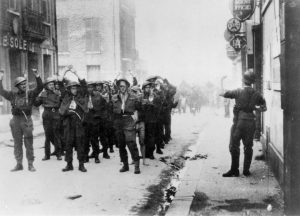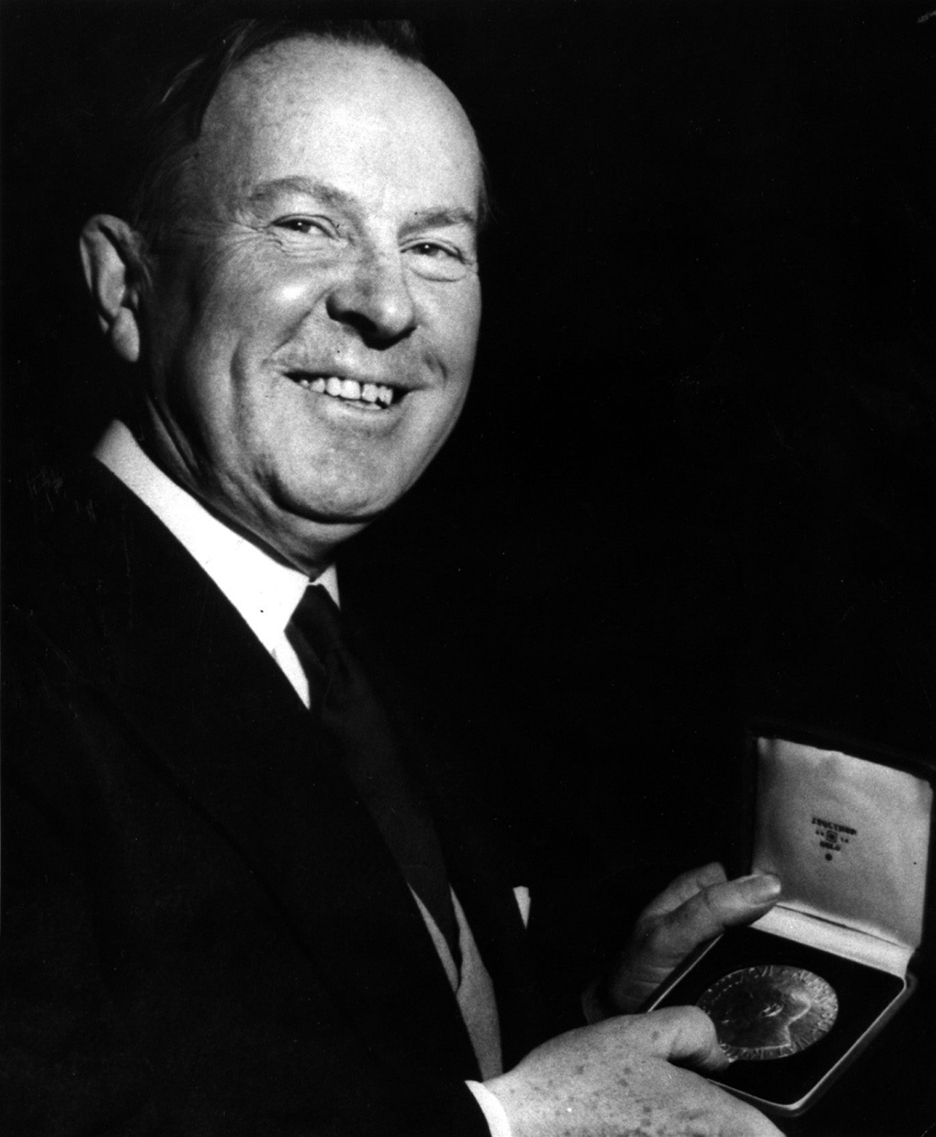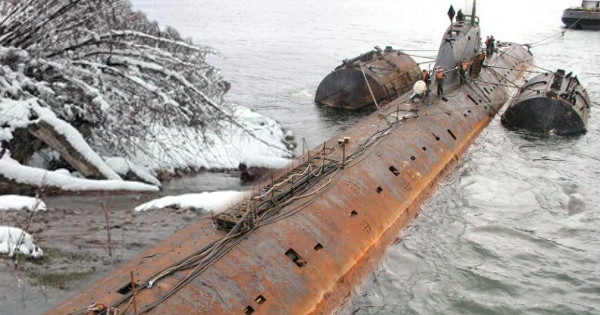
About the time most people in North America were sitting down to dinner that summer day in 1942, a young Canadian whom many of us knew here in Uxbridge, Stephen Bell, was exhausted, bloodied by combat on Dieppe beach and throwing his hands in the air.
“Aufgeben! Aufgeben!” the Germans pointing their weapons at him were shouting.
Bell didn’t speak enough German to know they were shouting “Surrender!” but realized he was still wearing a revolver on his belt. He undid the belt, dropped it to the ground, and again put his hands in the air.
The hit-and-run raid on the French seaport of Dieppe that morning, August 19, 1942, had ended with Bell becoming a prisoner of war; he would spend the rest of the war in various German POW camps. He was one of 1,946 men the German defenders captured that day, more than the whole Canadian Army would lose in Western Europe in almost an entire year of action between D-Day on June 6, 1944, and VE Day on May 8, 1945.
Altogether 3,467 of the nearly 5,000 Canadians who embarked form England that day became casualties. More than 900 of those were killed in the bloodiest nine hours in Canadian military history. (more…)


